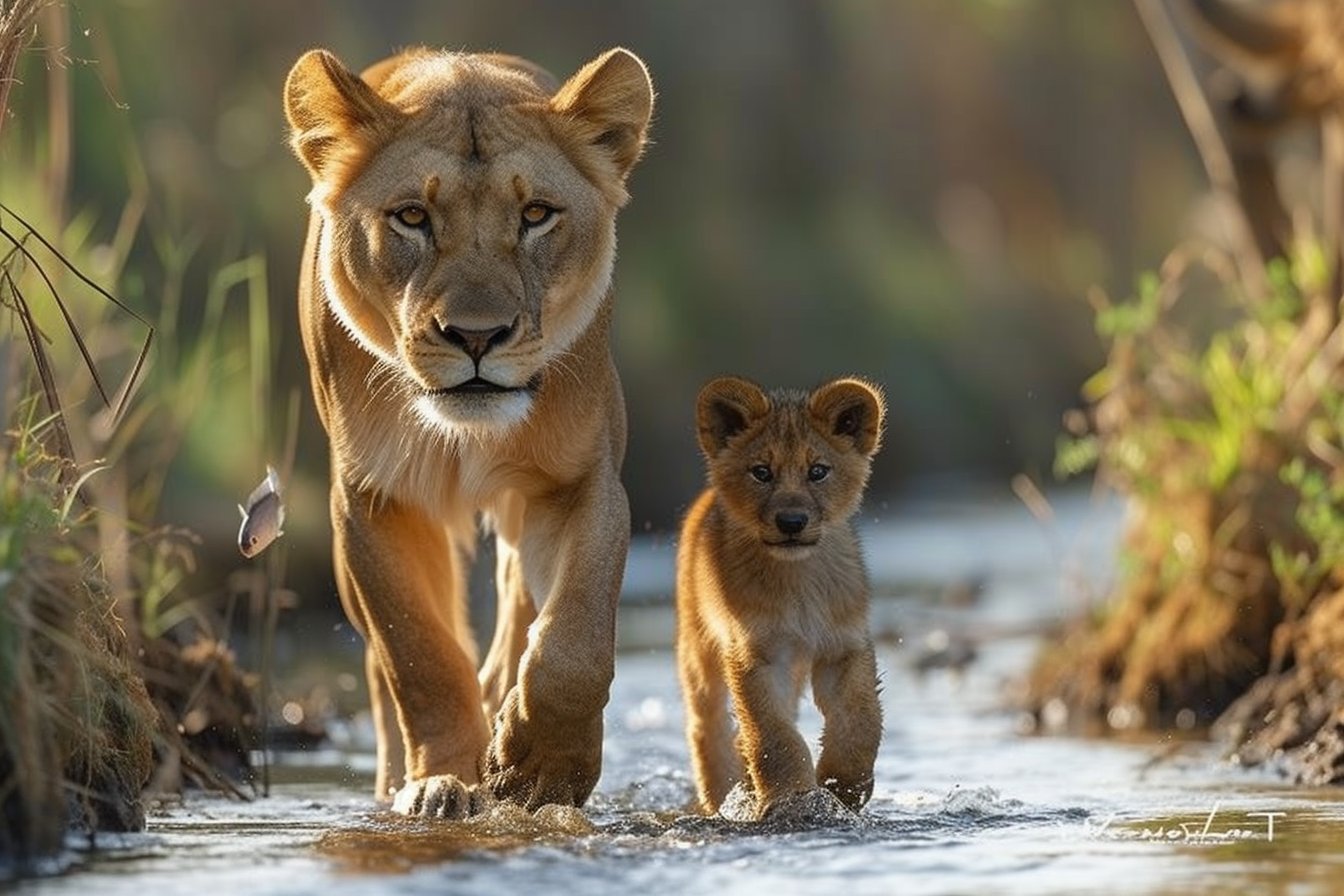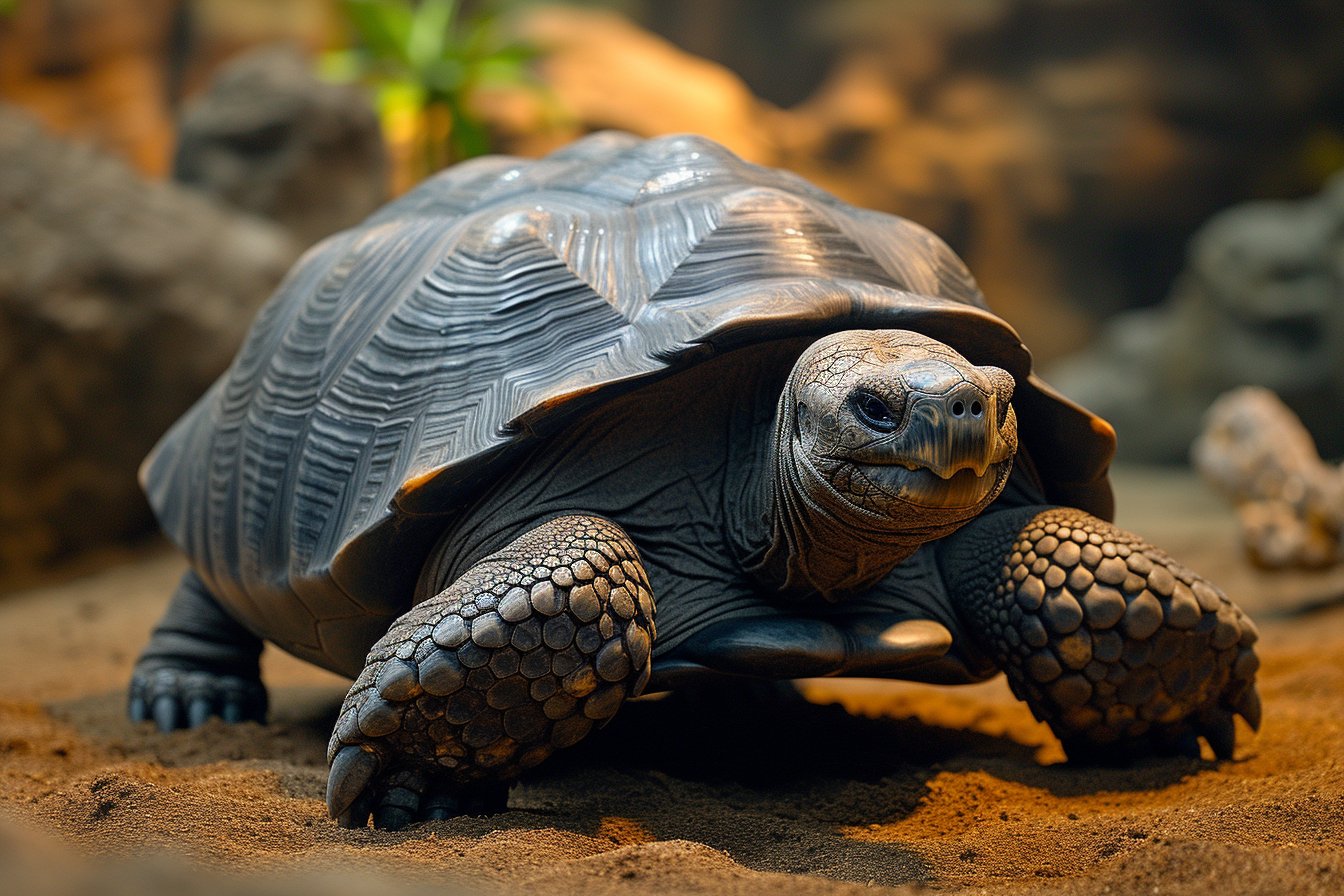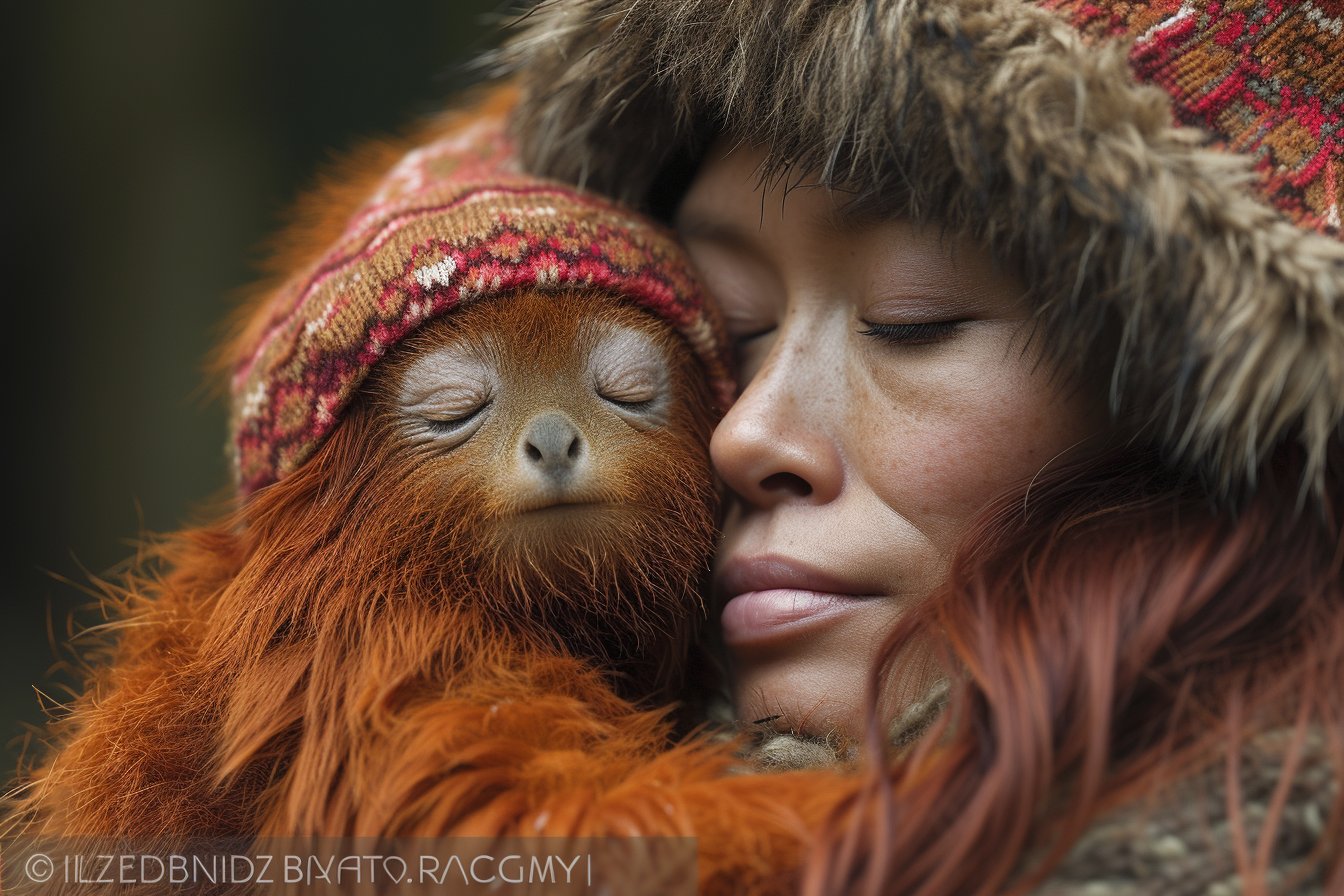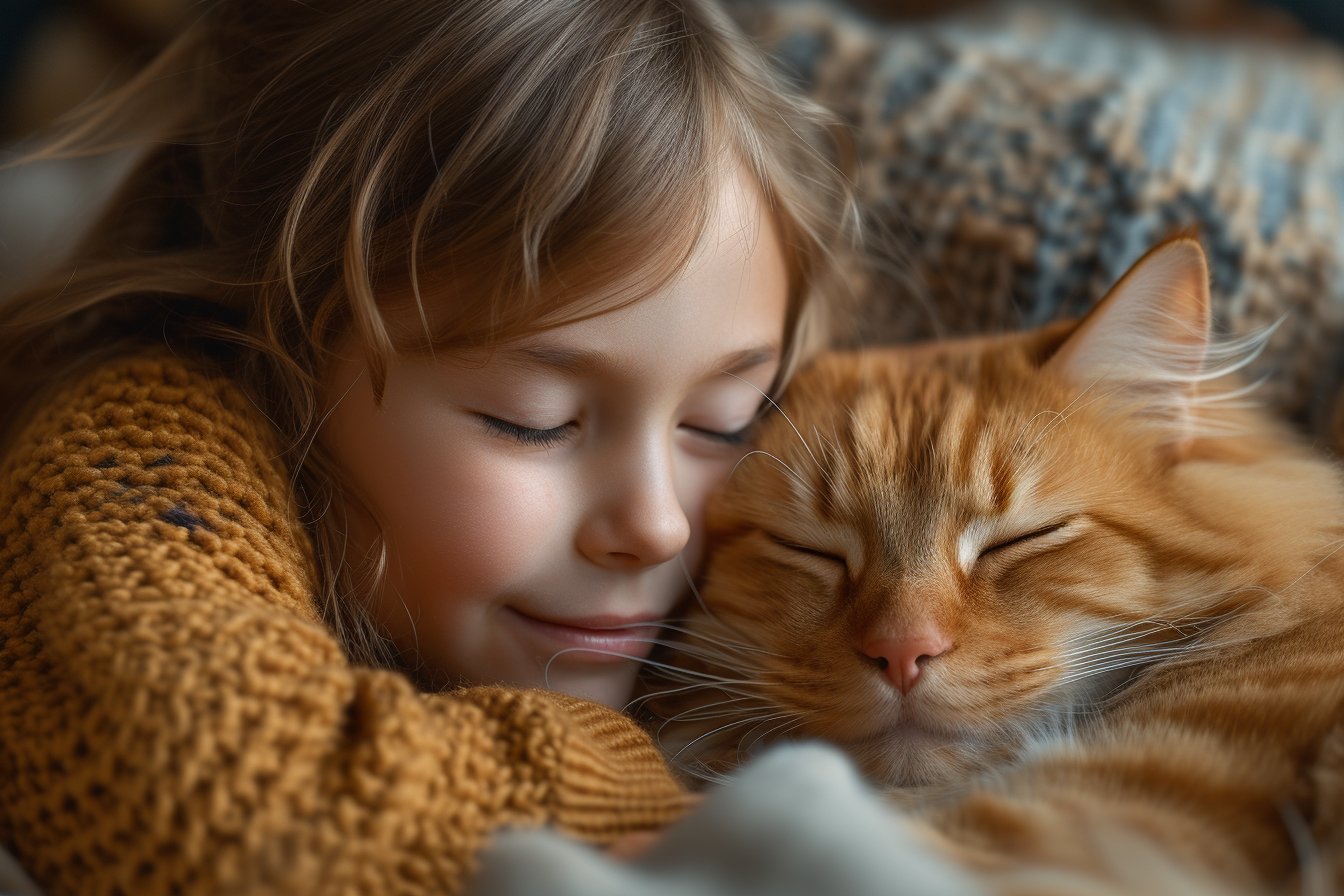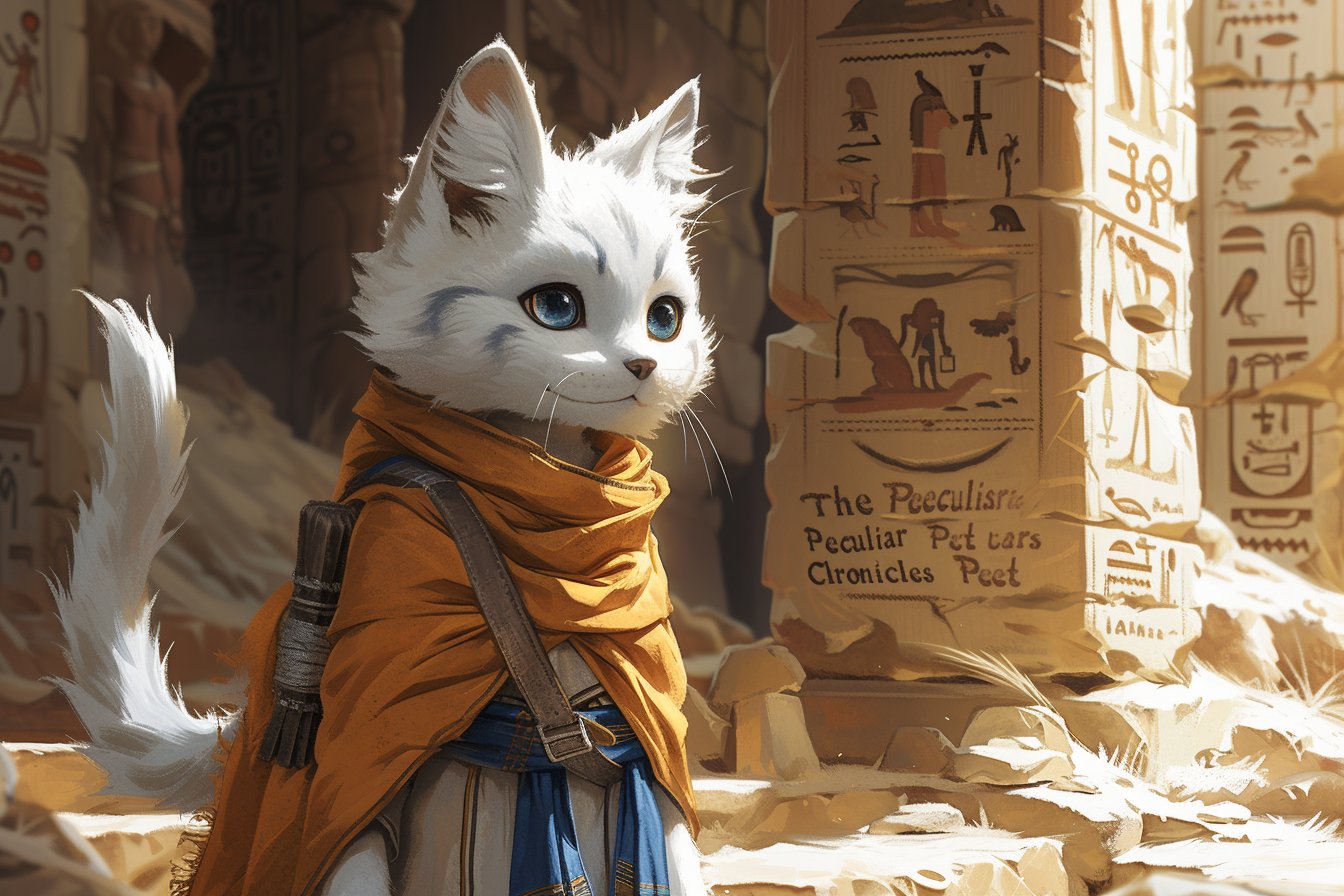In today’s world, animals and humans often share a unique bond in the form of pets. Pets are more than just animals; they are considered family members that provide companionship, emotional support, and happiness. But have you ever wondered why animals are called pets?
An introduction to the term ‘pet’
The word ‘pet’ as a noun is an abbreviated form of ‘pet animal’, which refers to any domesticated or tamed animal kept for company or pleasure rather than utility. The term can apply to various species, including dogs, cats, rabbits, birds, fish, reptiles, and even insects.
The historical background of pets
Pets have been around since ancient times, with evidence stating that Egyptians kept animals like cats, dogs, monkeys, and gazelles as pets for protection against vermin, for emotional comfort, and also as cultural symbols.
Mutationem motus novum: changing definitions
Over time, the definition of a pet has evolved from simply rearing animals for protection and utility purposes to caring for creatures specifically for companionship and pleasure.
The etymology of the word ‘pet’
The origin of the word ‘pet’ dates back to the 16th century, derived from the Scottish term ‘pettie’ meaning small or little. The Middle English word ‘petty’, related to the Old French term ‘petit’, also carries a similar connotation. The notion of considering animals as a form of companionship or pleasure was not widely popular until the 18th century, when it became common for people to keep ‘pet’ animals.
The transition from utility to companionship
In early civilizations, animals were primarily reared for their utility – as sources of food, clothing, and protection. The concept of pets started to become popular around 10,000 years ago when humans began domesticating wild animals for various reasons such as protection and hunting assistance. Over time, these animals adapted to living amongst human societies and slowly took on a new role – that of companionship.
Pets in different cultures
While the keeping of pets has been widely embraced across various cultures and civilizations, there have also been certain contexts where pet ownership was not as widespread or held different significance:
- Ancient Egyptian culture: In ancient Egypt, pets, particularly cats, were revered and believed to possess protective powers. The killing of a cat, even unintentionally, would result in severe punishment.
- Roman Empire: Ancient Romans considered dogs as symbols of trust and loyalty, while also serving as protectors against burglars and other dangers.
- Judeo-Christian tradition: Animals played important roles in biblical texts and parables but were not commonly regarded as pets or companions.
Modern-day perspective
As our understanding of animal behavior and cognition grows, the bond between humans and pets is now perceived differently than before. Animals are seen as sentient beings capable of emotions, and the emotional support they provide has gained recognition over the years. Pet therapy is one such example showcasing how animals can have significant psychological benefits for individuals dealing with mental health conditions, trauma, or chronic illness.
The development of pet industries
The rise in pet ownership has led to the emergence of various industries associated with the care and well-being of pets. Pet food, accessories, grooming services, and healthcare have become prevalent businesses catering to the needs of pet owners around the world.



